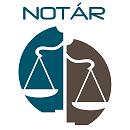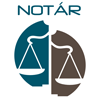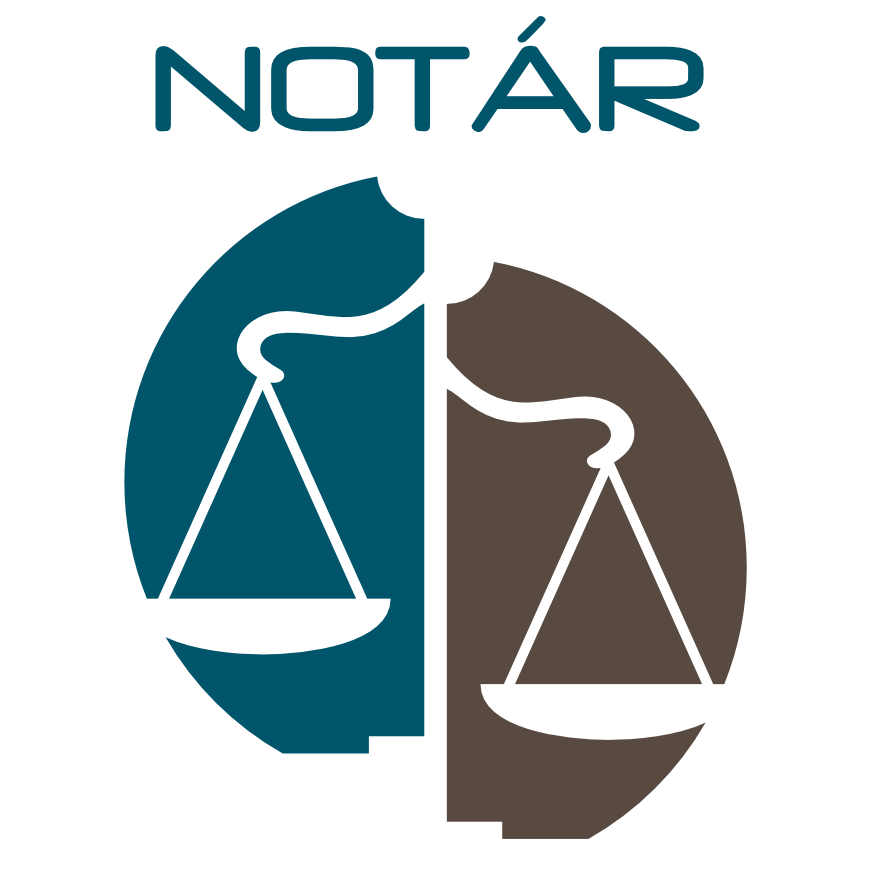Document in case of death
- We provide full legal counselling in respect of drawing up a testament, documents on disinheriting, statement on selection of governing law, distribution of property between the heirs, as well as relating its pros and contras
- We can draw up testaments, documents on disinheritance, statement on selected governing law in the form of a public document – notarial deed
- We can take testament and document on disinheriting into notarial escrow
- We can deposit documents at the Notarial Central Register of Testaments (thus preventing from their loss, destruction and ensuring their presence at the succession procedure)
Testament:
The Slovak legal order distinguishes intestate succession, testamentary succession, or their combination.
Last will (testament) is a legal act in which the testator constitutes his/her heir, eventually specifies portion of the heirs, or rights in rem they are to acquire.
Upon drawing up a testament the testator can solve his/her property issues in case of his/her death and thus avoid eventual disputes during succession procedure itself in an effective way.
If you decided to draw up a testament, you should consider the formal elements/requirements that must be met in order to be valid. The best choice is to visit a notary who is professionally capable for providing useful advices, and helping you at drawing up the testament itself.
A testament written in the form of a notarial deed is a public document that has a more powerful proving effect than any other contractual agreements. If the document is written by a notary, it is supposed to contain all elements – whether from formal or contentual point of view – prescribed by law in order to be valid. It is a kind of a protection from eventual contest of the document by the descendants at the court.
A testament written by a notary is never lost and always appears during succession procedure, since it is registered at the Notarial Central Registry of Testaments that is always screened.
Document on disinheriting:
By drawing up a document on disinheriting the testator – in cases prescribed by law – can exclude persons from inheriting. The disinherited descendants are not to become heirs and do not enter into succession-related relationships.
Legal grounds for disinheriting are specified by Section 469a of the Civil Code as follows:
1. If the heir’s behaviour is in conflict with good morals and if the heir failed to provide the testator with necessary assistance in sickness, old age or in other serious cases
2. If the heir is not interested in the testator in a way he/she should be as a descendant
3. If the heir was convicted for crime committed intentionally for sentence of imprisonment not exceeding one year
4. If the heir lives permanently an unorganized life
For the formal elements of the document apply identical requirements as in case of a testament
If a document fails to contain all the above-mentioned formal elements, it is invalid. Identically, if a document fails to contain the required contentual elements, it is invalid.
As in the case of a testament the best way is to visit a notary who can provide you with advice and draw up a document on disinheriting in the form of a notarial deed, consequently registered at the Notarial Central Register of Testaments.
Statement on selection of governing law:
A citizen of the European Union has the option to arrange his/her inheritance within the European Union in advance, except others, by choosing the governing law that shall govern succession of his/her entire inheritance, by choosing legal order of the country of which national he/she is at the time of choosing it or at the time of his/her death.


